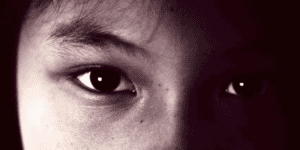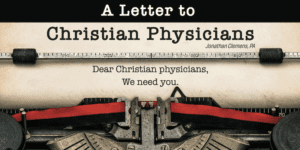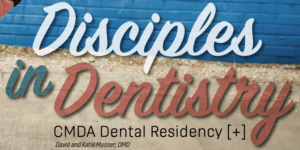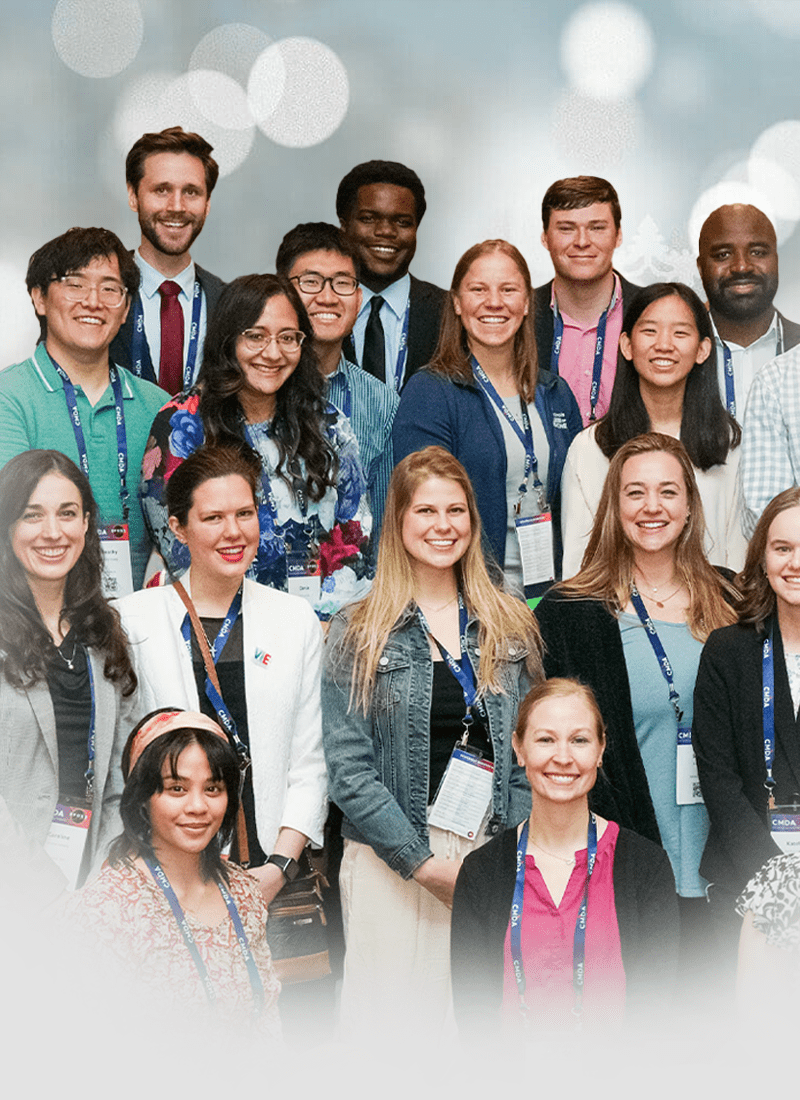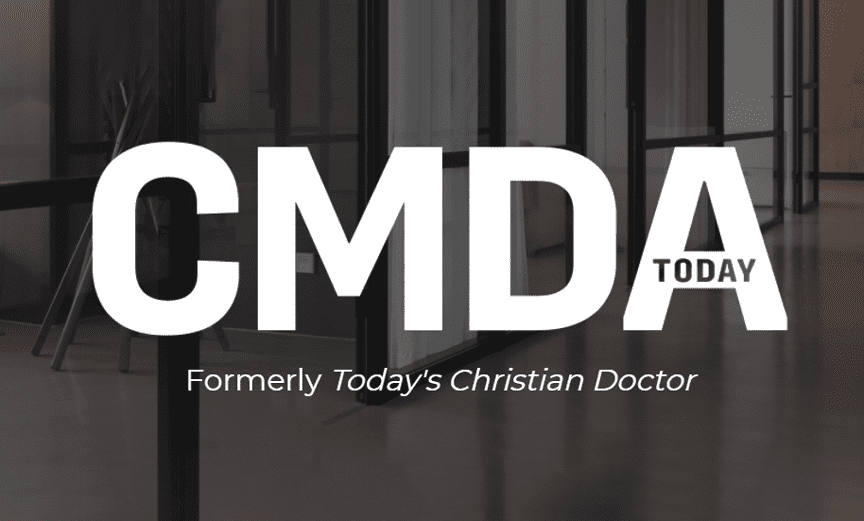
Ethics as a Condition of a Functional Society
There can be no ethics in a rigorous Darwinian world; instead, it comes down to a struggle with your neighbor to pass on your genes, rather than those of your neighbor, to the next generation. Therefore, there is no rational basis for patriotism, nor for noble acts of self-sacrifice, despite the desperate attempts of true believers to produce a theory of group altruism.
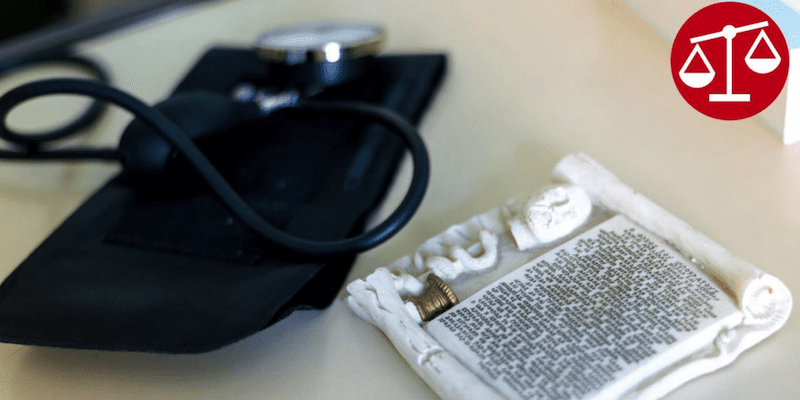
by John Patrick, MD
“Ethics cannot be put into words.”
—Ludwig Wittgenstein
There can be no ethics in a rigorous Darwinian world; instead, it comes down to a struggle with your neighbor to pass on your genes, rather than those of your neighbor, to the next generation. Therefore, there is no rational basis for patriotism, nor for noble acts of self-sacrifice, despite the desperate attempts of true believers to produce a theory of group altruism. This leaves us with only utilitarian, temporary trade-offs as the best we can expect, with suspicion being the only basis for decisions. This is the miserable and depressing world our young people are brainwashed into tacitly believing to be true. The girls are chronically anxious, and the boys are wasting their lives on video games; both with no hope for a better future. Meanwhile, the wealthy elite fly private jets around the world and lecture the blue-collar world on their profligate production of carbon dioxide! Yet, all “normal” people are still challenged by the tragedy of terrible disease in childhood, rather than proposing we should eliminate such “terrible genes” as thorough-going evolutionists would rationally do. In an evolutionary world, we should have evolved to simply accept the inevitable. The two most sophisticated religions, Hinduism and Christianity, defer the problem of justice via reincarnation or justice in heaven. It is ironic that the problem of suffering cannot be solved here, but Christianity teaches us that suffering plays an important role in character formation (Romans 5:1-5).
In a world so devoid of justifiable hope of a better life, it is hardly surprising that popular entertainment, which brings to life memories of a different romanticized past or narcissistic fantasies of the future, is so commercially successful. What in the world is going on? From the Christian perspective, it is explained by the fall and the image of God within. As G.K. Chesterton puts it, we all know we are the survivors of a colossal wreck that went down at the beginning of our world.[1] The good news is that vestiges remain, and we know this is not a total account of what life should be. We still love babies, cute animals, beautiful gardens and acts of heroism. Best of all, those who seek a better way to understand the world are promised they will not be disappointed. Sadly, in our churches we skirt round difficult problems and put on the Band-Aids of soft empathy. The church should be a place where the realities of suffering, death, injustice and broken promises are the regular subjects of vigorous argument, leading to deeper and satisfying theological answers.
Healthcare is not immune to the poisonous effects of post-modern incoherences, where only the affirmation of personal desires is acceptable. We lack the fortitude to even insist on clear definitions. For example, the physicians affirming the gender desires of children by turning boys and girls into a simulacrum of the opposite gender do not insist that these children must understand they will be infertile, incapable of an orgasm and socially handicapped if they proceed all the way. To think a child can make a reasonable decision at a point in their lives when they cannot possibly understand what all this means is utterly farcical. The perpetrators know what they are doing is wrong. Those who did careful, long-term observation of children with gender dysphoria, like Dr. Paul McHugh, are cancelled because their conclusions do not fit with the desires of a small group of activists.
For two millennia, physicians worked within stable moral rules, within which they hardly had to think about how to behave. The transcendent source of morality expressed by the church was accepted by all. The breakdown occurred at the end of the Middle Ages when the invention of the printing press put intellectual and theological material into the hands of everyone. Then inductive analysis of the world via experiments forced a new approach to the physical world, which was stunningly successful, and the church was marginalized. Questioning of church dogma was rampant because only physical, measurable facts mattered. It took a few centuries for the limitations of this view to become apparent, with disasters like the French Revolution exposing the results of our fallen nature. Utopian visions abounded, and prizes were given to visionaries whose own lives were far from appropriate as models for their utopian worlds. Even the almost unmitigated horrors of Communist states have not quenched our susceptibility to Utopian ideas.
When physicians had little real power over disease, large scale corruption was minimal. (It was not until the 1860s that going to the doctor actually extended your likelihood of living longer.) Once there were procedures with real outcomes, however, corruption increased, but it was not until the 1970s that an ethics component was formally introduced into medical curriculum. There was little recognition of how a changing and deteriorating intellectual environment would influence healthcare. For example, no one foresaw the level of data fabrication and manipulation we have now. The academic world arrogantly assumes all problems can be solved by them because problems are essentially caused by ignorance. So, we expanded the universities, but we could not expand the number of people capable of teaching rigorously. The “studies” programs have a deservedly bad reputation.
The social sciences were flooded with naïve utopians whose intellectual base was minimal. It promoted the new ordering of behavior based on “identity politics” and the prioritization of minority ideals. This approach has already failed, as the recent debacle of the Claudine Gay fiasco at Harvard University dramatically illustrated. A long while ago, C.S. Lewis pointed out that our most common error is to disorder the virtues.[2] Who could be against diversity and inclusion? Equity of outcome can only be achieved by lowering standards. Equal access is viable, but these requirements must include some measure of demonstrated competence. Only where candidates have equal competence can the lesser requirements kick in.
Healthcare has been traditionally understood as going back to the Hippocratic physicians of the fourth century B.C. who were responding to the unscrupulous behavior of “traditional healers,” those who exploited the anxieties of the sick with herbal and largely ineffective remedies. However, these traditional healers also had a knowledge of toxic herbs. They could and did kill. Now, as physicians take to killing patients again through assisted suicide and euthanasia, corruption is inevitable because money and goods change hands at death. Already, multiple chilling accounts of cynical and utterly insensitive behavior toward seriously ill patients are circulating. Why now?
The Hippocratic physicians realized that trust was therapeutic and a complete commitment to all life at all times was a way to establish a good reputation. Margaret Mead understood this and expressed it beautifully:
“For the first time in our tradition there was a complete separation between killing and curing. Throughout the primitive world, the doctor and the sorcerer tended to be the same person. He who had power to kill had power to cure, including specially the undoing of his own killing activities… With the Greeks the distinction was made clear. One profession, the followers of Asclepius, were to be dedicated completely to life under all circumstances, regardless of rank, or intellect – the life of a slave, the life of the emperor, the life of a foreign man, the life a defective child… This is a priceless possession which we cannot afford to tarnish, but society always is attempting to make the physician into a killer—to kill the defective child at birth, to leave the sleeping pills beside the bed of a cancer patient…It is the duty of society to protect the physician from such requests.”[3]
Hippocratic physicians went further and insisted they would only train those who took their oath, which invoked transcendence and recognized judgment to come. These remarkable men also understood that medicine is not just application of physically known facts but is a moral transaction at heart. When a patient visits their physician, he or she is not required to take the physician’s advice but may do as they please. It follows that a physician’s duty is to help the patient decide what they ought to do. “Ought” is a moral word. Physical facts cannot generate an ought. “Oughts” come from consideration of issues of truth, justice and faith. These we cannot see or measure, but they are the foundation of our culture. Allowing this reality to be displaced by mere personal subjectivity is catastrophic. We must learn to talk about them again and to discuss their objectivity and how they are generated. These remarkable polytheistic pagans realized that foreswearing any form of killing would increase patient trust, and that is very therapeutic. Trustworthiness is not part of the assessment of medical students because it is considered too subjective; yet, knowledge, measured by grade scores with rampant cheating, is part of the assessment. At the least, skills assessed by a practicing physician are reasonable, but to allow attitudes to displace character is foolish, as is the whole of the present accreditation process which is not predictive of long-term clinical careers.
For more than 30 years I have been asking students in multiple medical schools what proportion of their class they trust. During my training I met a few “bad apples” but only a few. When I came out of my ivory tower and started to engage with students, the decline in trust was apparent with 20 percent of students judged untrustworthy by their peers. Soon I had emails from students saying 50 percent was nearer the truth, and twice I have had second-year students say they had no one in her class whom they trusted. Over 50 years ago, law professor Arthur Leff wrote about this problem among law students, and Nobel Laureate economist Robert Fogel wrote about it among his economics students. Fogel concluded that finding trustworthy colleagues will be a major problem in this century.
Data of this sort spurred the growth of bioethics, but it presumed that all that was needed was information. Yet, everyone knows we all know the difference between right and wrong. Our problem is not ignorance but weak character and a weak will to do what is right. Regular readers of this column know what I and others, ranging from Tom Sowell to Denzel Washington, think the solution is, but that must wait for another column.
[1] Chesterton, G.K. Orthodoxy. 1908.
[2] Lewis, C.S. 1996. Mere Christianity. HarperOne.
[3] Mead, M. cited in Levine, M. Psychiatry and Ethics. 1972. G. Braziller.



